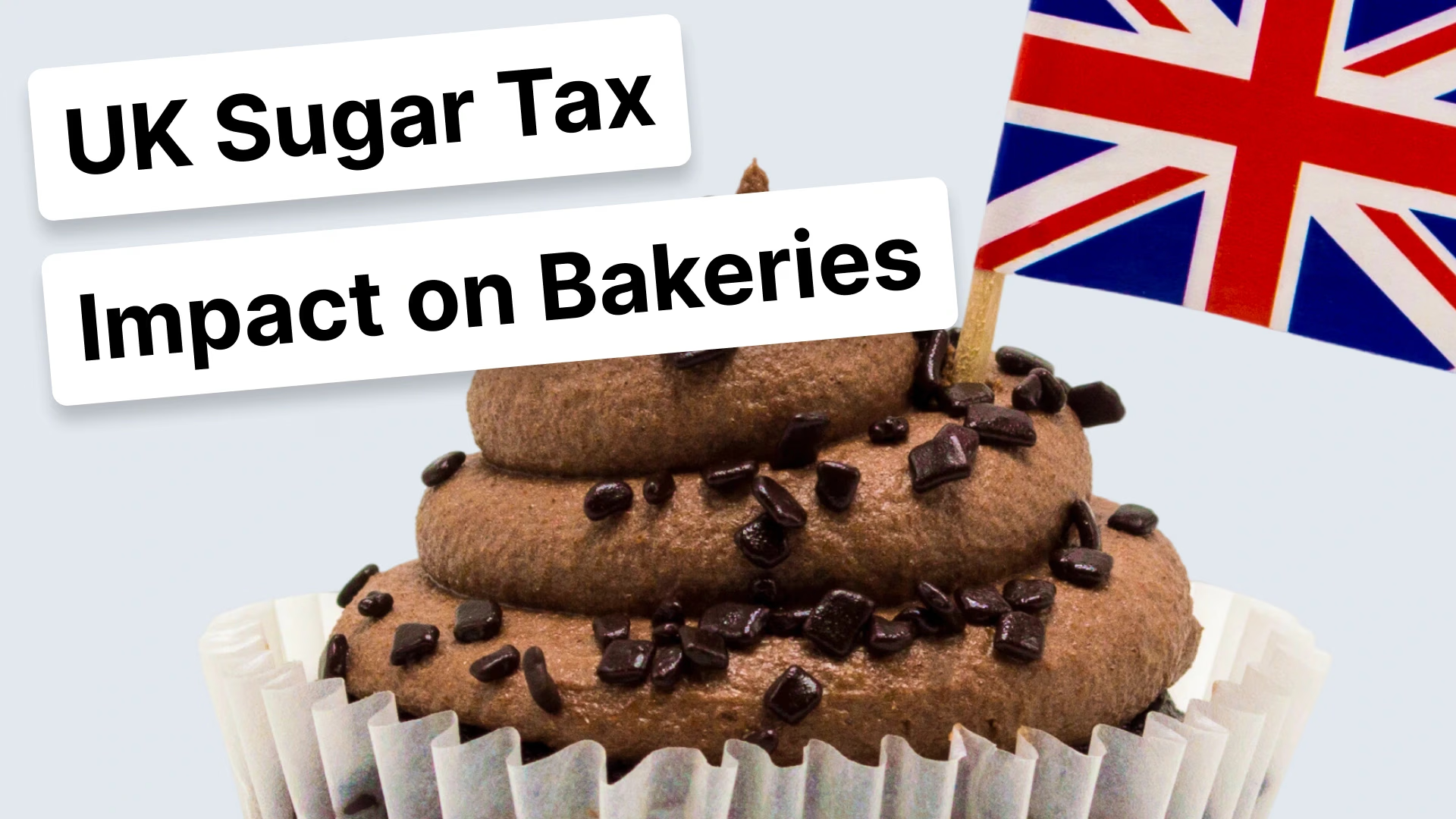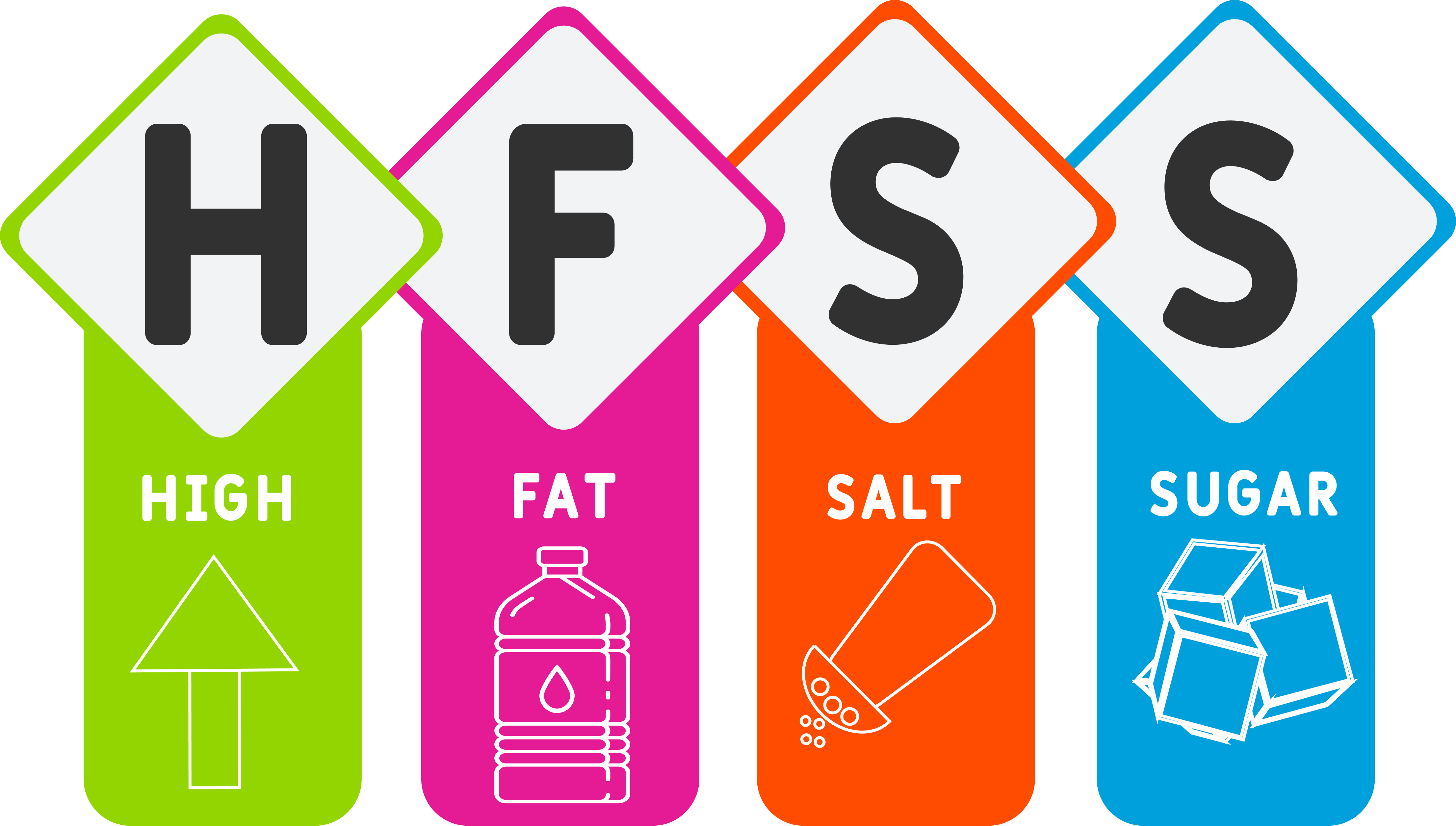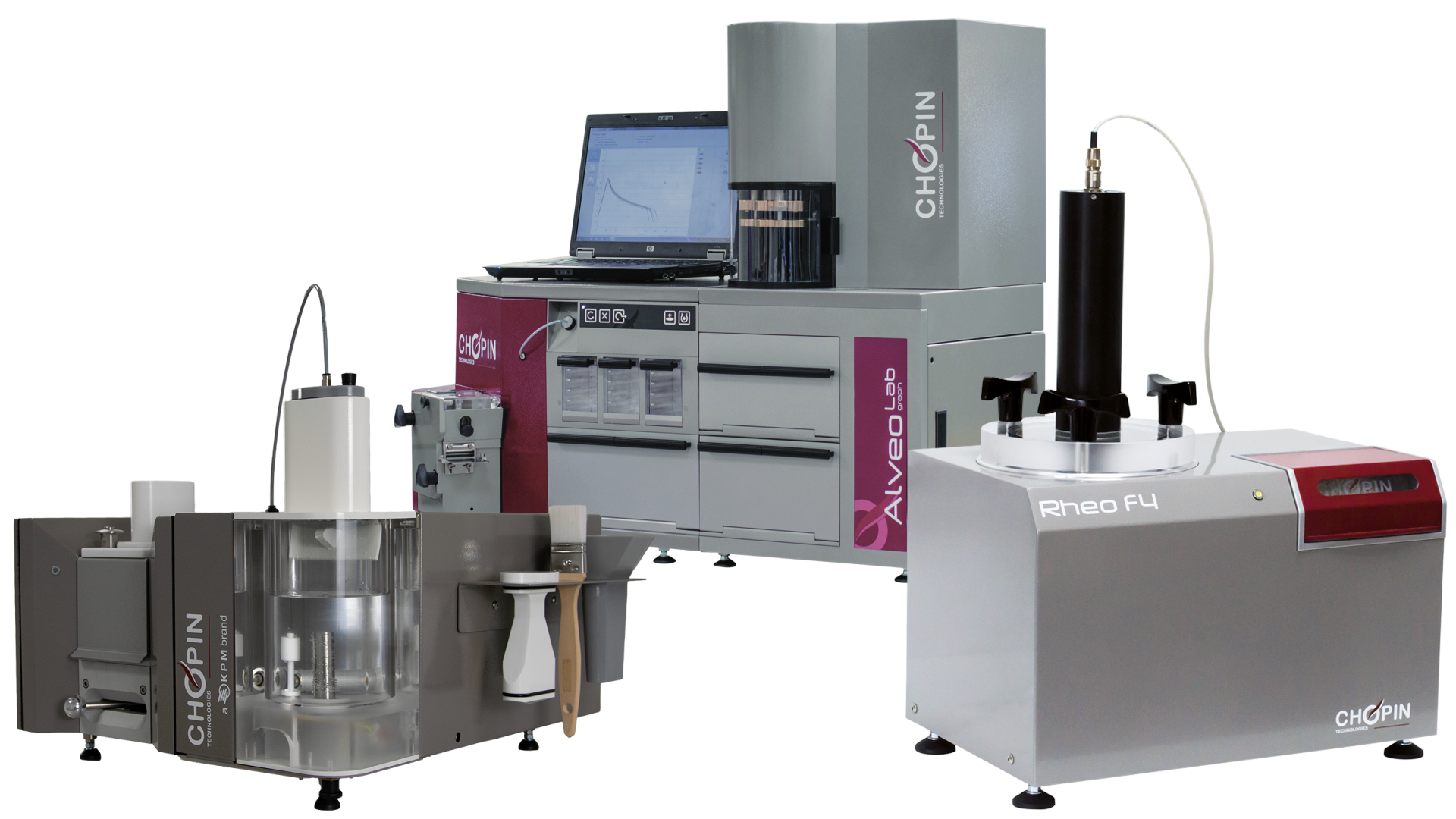UK Sugar Tax and HFSS: How UK Bakeries Can Adapt and Thrive

With an overloaded National Health Service and the workforce taking off, on average, 7.8 sick days a year, tackling the UK’s health has never been so important. So, the government is introducing taxes and an advertising code of practice designed to control the nation’s love of sugary and fatty foods.
The UK government first introduced a sugar tax on beverages, challenging drink manufacturers to tinker with recipes and create new products to remain relevant. But health experts are still urging more to be done and asking that this tax be extended to baked goods. This is understandable. In the UK, the price of sugary, high-fat products is lower than healthy fresh food, leading to a disparity in consumption in low- and high-income families. No wonder the UK government is keen to encourage healthier eating habits.
Did the Sugar Tax on Drinks Change Consumer Habits?
The evidence says no. The soft drink levy came into effect in 2018, but most people have still not really changed their drinking habits. This is great news for sellers and manufacturers, but this non-movement could see the government make more drastic changes in the future to achieve the nation’s long-term health goals.
The Broken Plate report in the UK tells us that most food offers showcase unhealthy, high-sugar, and high-fat foods, most of which are supplied by large bakeries. With limited marketing options, shops and sellers will have to change their stock and lower regular orders - thus, bakeries will need to pivot their products.
How New HFSS Regulations Will Impact UK Bakeries

This will affect sweet treats from large industrial bakeries, which make products such as buns, pastries, doughnuts, and cakes. Without the opportunity of special deals, sellers may not invest in as many products as before, as consumers may not be buying without their usual deals. This will also affect seasonal profits for key dates in the calendar. Halloween, Christmas, Easter, and Valentine's will not be as straightforward as in the past. New products will need to be developed to take over from the usual treats.
The UK government is currently reconsidering the HFSS legislation as part of its 10-year health plan to get the National Health Service fighting fit. One of the intricate parts of their new plan is tackling junk food advertising aimed at children and limiting the buy one, get one free offers on sugary and fatty foods, both of which drive excess consumption.
What do the UK sugar regulations mean for bakeries? Industrial bakeries must pivot their offerings to products with less sugar and fat that do not fall into the new legislation. This is their opportunity to move with the times and take advantage of emerging healthier trends. Less sugar and calorie-loaded versions of old favourites, and delving deep into R&D to create new and exciting products that will engage consumers and sellers equally.
Today, people are generally eating less. With weight loss injections on sale in the UK, a growing population of consumers naturally consume fewer treats, not to mention those looking for healthier foods overall. It makes business sense to move with the times, rather than stay stagnant and in the way of innovation and potential profits.
Sugar can be swapped out for other ingredients. However, Sweeteners have a bad reputation due to their chemical-sounding names, health concerns, and overall bitter taste. Natural sugars can be introduced, but it requires trial and error with recipes.
It is not just about the taste but also about the impact on the dough properties and final product characteristics. This is the number one challenge for industrial bakers wishing to decrease sugar content.
Reformulating Bakery Recipes to Reduce Sugar: Practical Tips
Sugar impacts dough rheology properties, so if any changes are made to the recipe, comprehensive tests must be conducted. New ingredients are the same. The effects on the proofing and heating process will need to be thoroughly tested, as will the effects on the mixing properties, shaping, proofing, and baking process.
Trial and error used to be the only way to see how reduced-sugar recipes would react throughout the production process. Now, using KPM Analytics’ new Mixolab 300 will give you all the data you need for each flour for each recipe.
Reformulating Bakery Recipes for Sugar Reduction: A Healthier Future for UK Bakeries
As the UK government tightens regulations around high-fat, salt, and sugar (HFSS) foods, industrial bakeries must adapt by reformulating recipes to meet new health standards. Reducing sugar in baked goods is no longer just a trend - it's necessary for compliance and consumer demand.
Reformulating bakery products according to new legislation impacts more than just taste. It alters dough rheology, proofing, and baking performance. Bakeries must invest in low-sugar baking solutions and advanced testing tools to maintain product quality while lowering sugar content.

KPM Analytics’ Mixolab 300 is a game-changer for developing sugar-free bakery products. It analyses dough properties during mixing and heating, helping bakers understand how sugar alternatives affect flour performance. Whether you're creating reduced-sugar cakes, low-sugar doughnuts, or healthier pastries, this tool ensures consistency and quality.
Pairing Mixolab with the RheoF4 and Alveolab allows bakeries to monitor dough extensibility, elasticity, and proofing - critical for achieving the desired texture and volume in low-sugar baked goods. These tools support innovation while aligning with HFSS compliance and the growing market for healthier bakery options in the UK.
Mixolab 300 tests dough properties when mixing and heating. Ensuring that the right ingredients and flour mixture will produce the best result. The new Mixolab 300 cannot only see the impact of sugar reduction on flour characteristics, but can also analyse complex recipes, including cake batters, pancake dough, traditionally very sweet products, and test how this reduction works within an entire formula; how the different ingredients interact together. In between Mixolab 300 and Rheo F4, the Alveolab provides information about the shaping properties of the dough (extensibility, tenacity, elasticity), which strongly affects the size and shape of the final product, a critical parameter to control to avoid packaging issues and ensure customer satisfaction.
Rheo F4 checks the dough proofing process, finding heat issues and checking the crumb structure of potential new products. It ensures that the final product will reach the desired volume and have the most desirable crumb structure.
These are the perfect partners in an industrial bakery’s arsenal in the war against sugar and in the creation of new and exciting products that today’s consumers will love!
Contact your UK branch of KPM Analytics today for more details.
Main Phone: +(44) 1536 408066
Sales Email: sales@kpmanalytics.com
Other Posts in the Series
Sugar isn’t just for sweetness — it influences dough properties, proofing, volume, and even crumb structure. Removing it without damaging product quality requires deep testing and smart reformulation strategies.
Traditionally, it was trial and error. Now, tools like KPM’s Mixolab 300, Rheo F4, and Alveolab give bakeries scientific insights into dough properties. These tools help predict how reduced sugar affects dough mixing, proofing, elasticity, and final baking performance.
Yes, likely. Since promotions on HFSS foods will be limited, bakeries may need to offer healthier, reformulated seasonal products to maintain demand during key periods.












